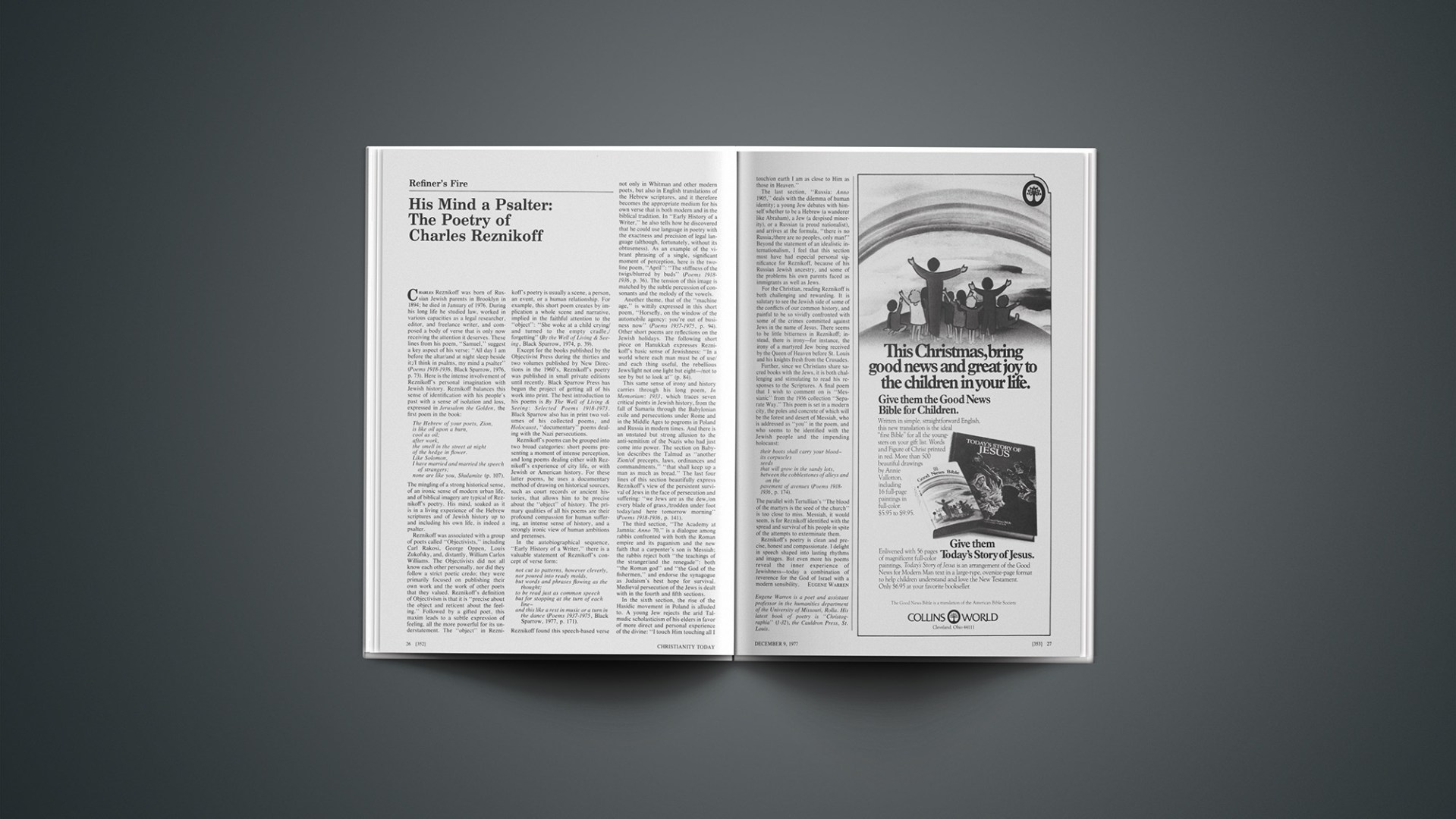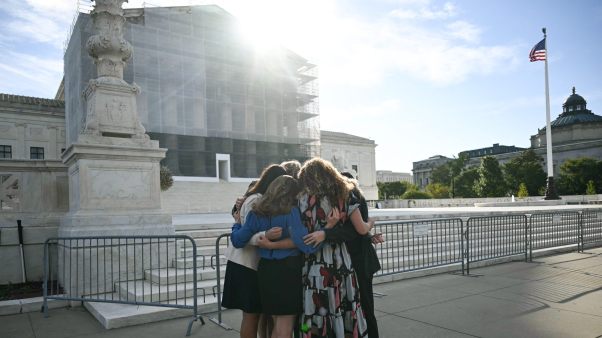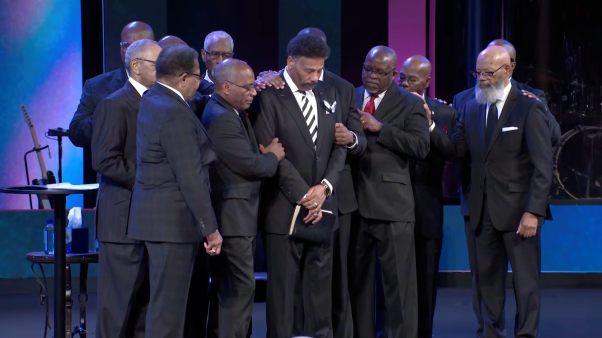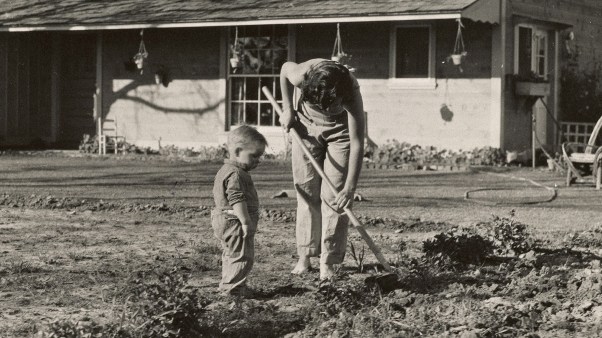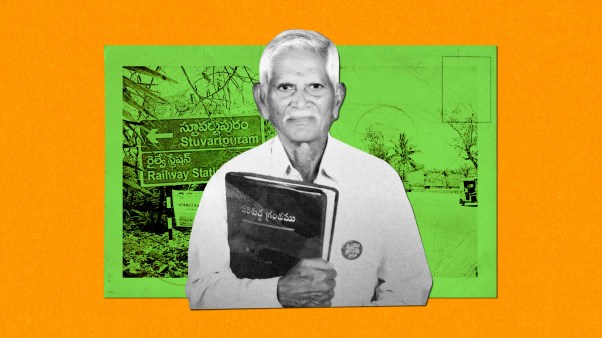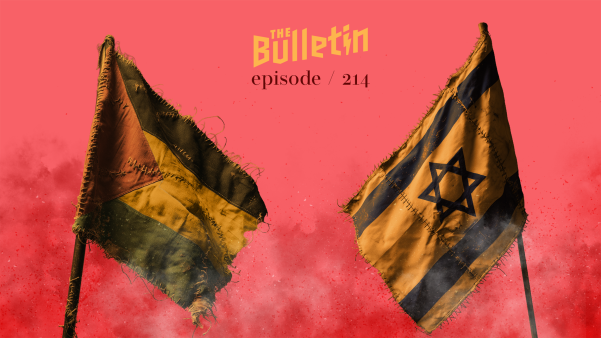Charles Reznikoff was born of Russian Jewish parents in Brooklyn in 1894; he died in January of 1976. During his long life he studied law, worked in various capacities as a legal researcher, editor, and freelance writer, and composed a body of verse that is only now receiving the attention it deserves. These lines from his poem, “Samuel,” suggest a key aspect of his verse: “All day I am before the altar/and at night sleep beside it;/I think in psalms, my mind a psalter” (Poems 1918–1936, Black Sparrow, 1976, p. 73). Here is the intense involvement of Reznikoff’s personal imagination with Jewish history. Reznikoff balances this sense of identification with his people’s past with a sense of isolation and loss, expressed in Jerusalem the Golden, the first poem in the book:
The Hebrew of your poets, Zion,
is like oil upon a burn,
cool as oil;
after work,
the smell in the street at night
of the hedge in flower.
Like Solomon,
I have married and married the speech of strangers;
none are like you, Shulamite (p. 107).
The mingling of a strong historical sense, of an ironic sense of modern urban life, and of biblical imagery are typical of Reznikoff’s poetry. His mind, soaked as it is in a living experience of the Hebrew scriptures and of Jewish history up to and including his own life, is indeed a psalter.
Reznikoff was associated with a group of poets called “Objectivists,” including Carl Rakosi, George Oppen, Louis Zukofsky, and, distantly, William Carlos Williams. The Objectivists did not all know each other personally, nor did they follow a strict poetic credo; they were primarily focused on publishing their own work and the work of other poets that they valued. Reznikoff’s definition of Objectivism is that it is “precise about the object and reticent about the feeling.” Followed by a gifted poet, this maxim leads to a subtle expression of feeling, all the more powerful for its understatement. The “object” in Reznikoff’s poetry is usually a scene, a person, an event, or a human relationship. For example, this short poem creates by implication a whole scene and narrative, implied in the faithful attention to the “object”: “She woke at a child crying/and turned to the empty cradle,/forgetting” (By the Well of Living & Seeing, Black Sparrow, 1974, p. 39).
Except for the books published by the Objectivist Press during the thirties and two volumes published by New Directions in the 1960’s, Reznikoff’s poetry was published in small private editions until recently. Black Sparrow Press has begun the project of getting all of his work into print. The best introduction to his poems is By The Well of Living & Seeing: Selected Poems 1918–1973. Black Sparrow also has in print two volumes of his collected poems, and Holocaust, “documentary” poems dealing with the Nazi persecutions.
Reznikoff’s poems can be grouped into two broad categories: short poems presenting a moment of intense perception, and long poems dealing either with Reznikoff’s experience of city life, or with Jewish or American history. For these latter poems, he uses a documentary method of drawing on historical sources, such as court records or ancient histories, that allows him to be precise about the “object” of history. The primary qualities of all his poems are their profound compassion for human suffering, an intense sense of history, and a strongly ironic view of human ambitions and pretenses.
In the autobiographical sequence, “Early History of a Writer,” there is a valuable statement of Reznikoff’s concept of verse form:
not cut to patterns, however cleverly,
nor poured into ready molds,
but words and phrases flowing as the thought;
to be read just as common speech
but for stopping at the turn of each line-
and this like a rest in music or a turn in the dance (Poems 1937–1975, Black Sparrow, 1977, p. 171).
Reznikoff found this speech-based verse not only in Whitman and other modern poets, but also in English translations of the Hebrew scriptures, and it therefore becomes the appropriate medium for his own verse that is both modern and in the biblical tradition. In “Early History of a Writer,” he also tells how he discovered that he could use language in poetry with the exactness and precision of legal language (although, fortunately, without its obtuseness). As an example of the vibrant phrasing of a single, significant moment of perception, here is the two-line poem, “April”: “The stiffness of the twigs/blurred by buds” (Poems 1918–1936, p. 36). The tension of this image is matched by the subtle percussion of consonants and the melody of the vowels.
Another theme, that of the “machine age,” is wittily expressed in this short poem, “Horsefly, on the window of the automobile agency: you’re out of business now” (Poems 1937–1975, p. 94). Other short poems are reflections on the Jewish holidays. The following short piece on Hanukkah expresses Reznikoff’s basic sense of Jewishness: “In a world where each man must be of use/and each thing useful, the rebellious Jews/light not one light but eight—/not to see by but to look at” (p. 84).
This same sense of irony and history carries through his long poem, In Memoriam: 1933, which traces seven critical points in Jewish history, from the fall of Samaria through the Babylonian exile and persecutions under Rome and in the Middle Ages to pogroms in Poland and Russia in modern times. And there is an unstated but strong allusion to the anti-semitism of the Nazis who had just come into power. The section on Babylon describes the Talmud as “another Zion/of precepts, laws, ordinances and commandments,” “that shall keep up a man as much as bread.” The last four lines of this section beautifully express Reznikoff’s view of the persistent survival of Jews in the face of persecution and suffering: “we Jews are as the dew,/on every blade of grass,/trodden under foot today/and here tomorrow morning” (Poems 1918–1936, p. 141).
The third section, “The Academy at Jamnia: Anno 70,” is a dialogue among rabbis confronted with both the Roman empire and its paganism and the new faith that a carpenter’s son is Messiah; the rabbis reject both “the teachings of the stranger/and the renegade”: both “the Roman god” and “the God of the fishermen,” and endorse the synagogue as Judaism’s best hope for survival. Medieval persecution of the Jews is dealt with in the fourth and fifth sections.
In the sixth section, the rise of the Hasidic movement in Poland is alluded to. A young Jew rejects the arid Talmudic scholasticism of his elders in favor of more direct and personal experience of the divine: “I touch Him touching all I touch/on earth I am as close to Him as those in Heaven.”
The last section, “Russia: Anno 1905,” deals with the dilemma of human identity; a young Jew debates with himself whether to be a Hebrew (a wanderer like Abraham), a Jew (a despised minority), or a Russian (a proud nationalist), and arrives at the formula, “there is no Russia;/there are no peoples, only man!” Beyond the statement of an idealistic internationalism, I feel that this section must have had especial personal significance for Reznikoff, because of his Russian Jewish ancestry, and some of the problems his own parents faced as immigrants as well as Jews.
For the Christian, reading Reznikoff is both challenging and rewarding. It is salutary to see the Jewish side of some of the conflicts of our common history, and painful to be so vividly confronted with some of the crimes committed against Jews in the name of Jesus. There seems to be little bitterness in Reznikoff; instead, there is irony—for instance, the irony of a martyred Jew being received by the Queen of Heaven before St. Louis and his knights fresh from the Crusades.
Further, since we Christians share sacred books with the Jews, it is both challenging and stimulating to read his responses to the Scriptures. A final poem that I wish to comment on is “Messianic” from the 1936 collection “Separate Way.” This poem is set in a modern city, the poles and concrete of which will be the forest and desert of Messiah, who is addressed as “you” in the poem, and who seems to be identified with the Jewish people and the impending holocaust:
their boots shall carry your blood-
its corpuscles
seeds
that will grow in the sandy lots,
between the cobblestones of alleys and on the
pavement of avenues (Poems 1918–1936, p. 174).
The parallel with Tertullian’s “The blood of the martyrs is the seed of the church” is too close to miss. Messiah, it would seem, is for Reznikoff identified with the spread and survival of his people in spite of the attempts to exterminate them.
Reznikoff’s poetry is clean and precise, honest and compassionate. I delight in speech shaped into lasting rhythms and images. But even more his poems reveal the inner experience of Jewishness—today a combination of reverence for the God of Israel with a modern sensibility.
Eugene Warren is a poet and assistant professor in the humanities department of the University of Missouri, Rolla. His latest book of poetry is “Christographia” (1–32), the Cauldron Press, St. Louis.

